Chronic Disease

AIM-Local Health
The purpose is to increase the use of proven strategies among local health departments (LHDs) to improve community health and reduce the burden of chronic diseases.
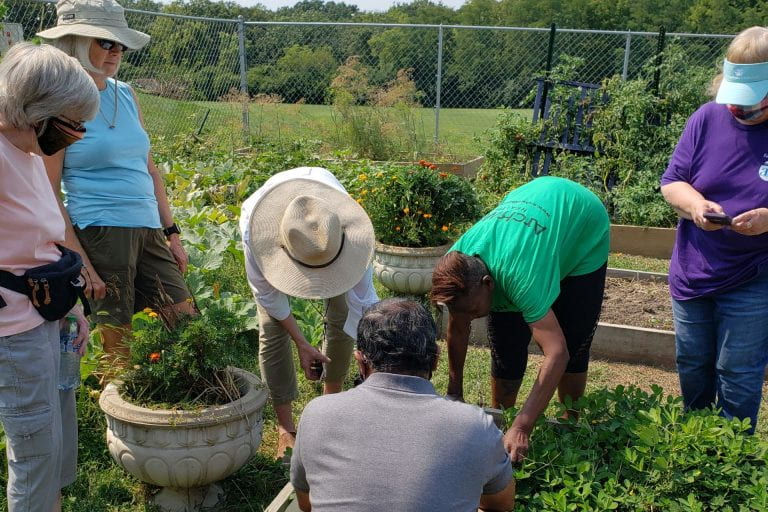
Building Resilient Inclusive Communities (BRIC) Program
The purpose of BRIC is to promote healthy living and reduce social isolation during the COVID pandemic.

Cancer Control Dissemination among State Level Policymakers: 2007-2013
This project sought to reduce the burden of cancer by increasing adoption of state-of-the-art, evidence-based interventions to control cancer among policymakers.

Cross-Country Comparison of Evidence-Based Prev. of Cancer: 2014-2016
Cancer and other chronic diseases (e.g., heart disease, stroke) account for the majority of premature death, reductions in quality of life, and economic costs. The burden due to these diseases is preventable through the application of the practice of evidence-based cancer prevention (EBCP).
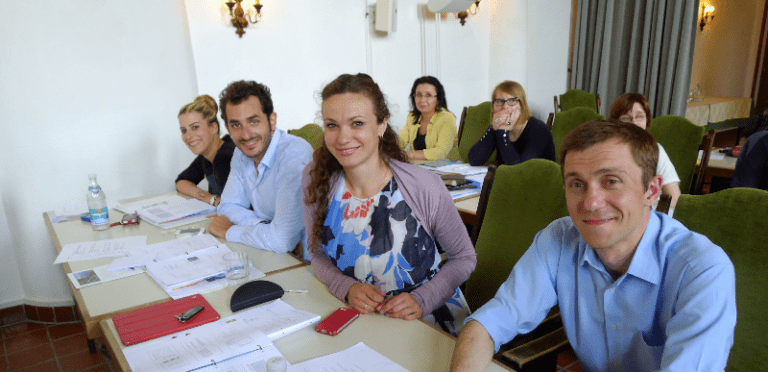
Evidence-based Public Health
The Prevention Research Center at Washington in St. Louis (PRC at WashU) is committed to passing on valuable tools and information about evidence based public health (EBPH) to public health practitioners across the United States and the world. The PRC at WashU offers training in EBPH which focuses on nine specific skills to improve public health practice. Through presentations, practice exercises, and case studies, training takes a "hands-on" approach and emphasizes information that is readily available to busy practitioners.

Healthier Missouri Communities (Healthier MO): 2010-2014
Healthier Missouri Communities (Healthier MO) was a community-based research project conducted by the Prevention Research Center in St. Louis (PRC-StL) and community partners from 12 counties in rural southeast Missouri.

Heartland Moves
Heartland Moves is designed to increase physical activity among rural residents to decrease the burden of cancer. The project aims to use input and currently available assets from rural communities to accomplish project goals.

I-HEAL STL: 2017-2018
This Health Impact Assessment (HIA) includes opinions of residents near the proposed routes gathered through community meetings and focus groups, and existing census data and health surveys to make projections on how the two potential light-rail routes will affect physical activity and obesity due to possible increased walking. Increased access to health services is another factor to be measured.
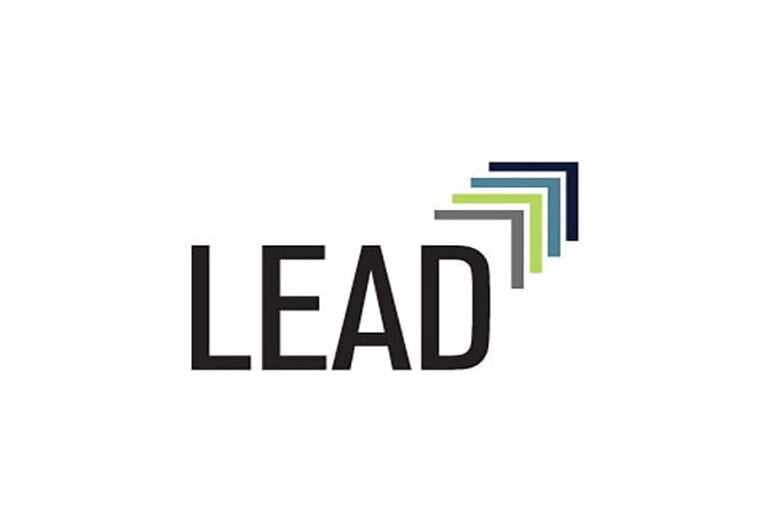
LEAD 2: Scaling-Up Capacity for Evidence-Based Public Health: 2014-2017
The LEAD-Public Health Project (Local Evidence for Affecting Decisions about Public Health) and LEAD 2 Scale-Up Project (Scaling-Up Capacity for Evidence-Based Public Health) examine the use of, barriers to, and methods for enhancing Evidence Based Programs and Policies (EBPP) in local health departments.

Men on the Move: 2008-2013
Pemiscot County has one of the highest rates of cardiovascular disease in Missouri and African Americans are at greatest risk of developing this disease. Men on the Move was developed as a result of the work of Pemiscot County Heart Health Coalition.
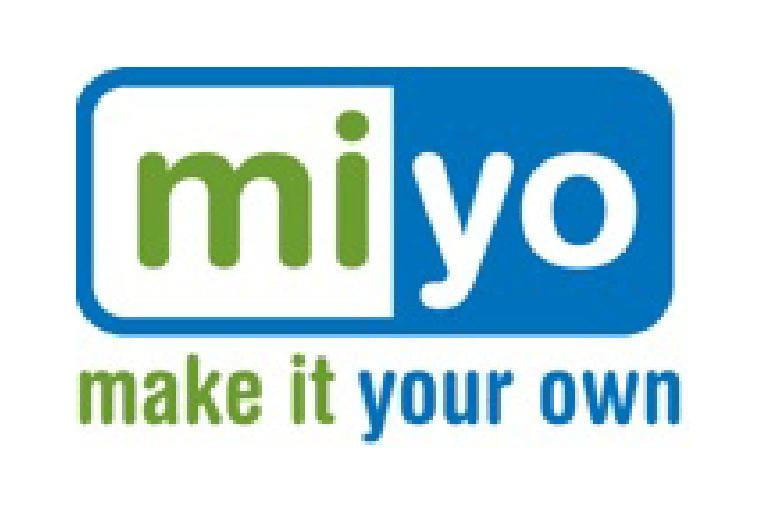
MIYO (Make It Your Own): 2005-2014
MIYO (Make It Your Own) is an online tool that helps state and local public health agencies create effective information resources for the populations they serve.
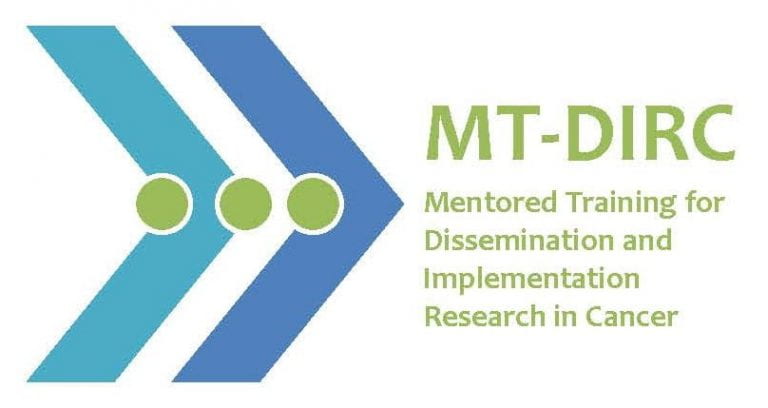
MT-DIRC: 2013-2018
Mentored Training for Dissemination and Implementation Research in Cancer (MT-DIRC) is a training program for cancer control researchers who are seeking to gain better training in the field of dissemination and implementations science research.

Open Streets: 2010-2013
With the Open Streets project we sought to measure the successes and challenges related to the St. Louis Open Streets and Ferguson (MO) Sunday Parkways .

Physical Activity Policy Research Network (PAPRN): 2004-2014
The Centers for Disease Control and Prevention (CDC) created the Physical Activity Policy Research Network (PAPRN) in October of 2004 to study the effectiveness of health policies related to increasing physical activity in communities.
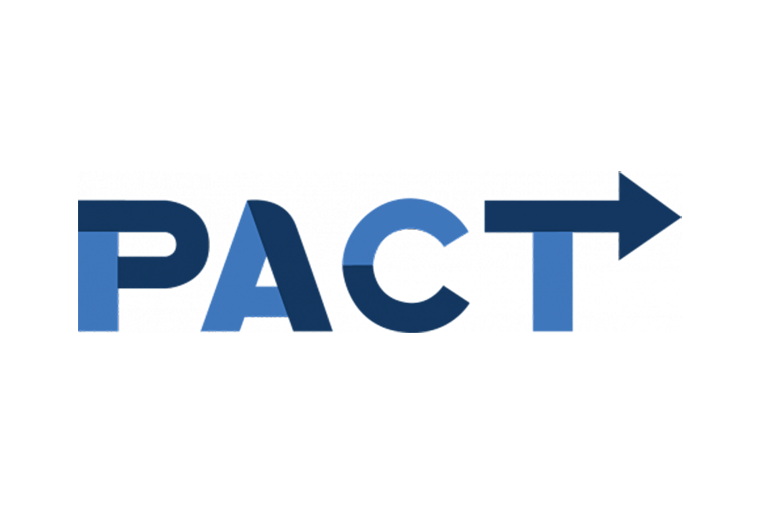
Plans, Actions, and Capacity to Sustain Tobacco Control (PACT)
The purpose of our study is to increase the capacity for sustainability among evidence-based tobacco control (TC) programs. Sustainability is an important next step in dissemination and implementation research. In order for a population to obtain the benefits of an implemented evidence-based intervention, it must be sustained over time. Sustaining evidence-based TC programs will improve quality of life and reduce the massive healthcare costs incurred by tobacco-related illness.

Policies for Action Hub: 2016-2018
The Policies for Action Research Hub co-located at the University of Illinois at Chicago’s Institute for Health Research and Policy and the Brown School at Washington University in St. Louis will examine nutrition and activity-related policy implementation efforts and/or policy impacts on institutions and systems serving children and adolescents as well as on their diet and activity-related outcomes.

PRC Core Research Project
The purpose is to develop and disseminate approaches that will increase the use of proven policies at the local-level to reduce obesity disparities and promote health equity.
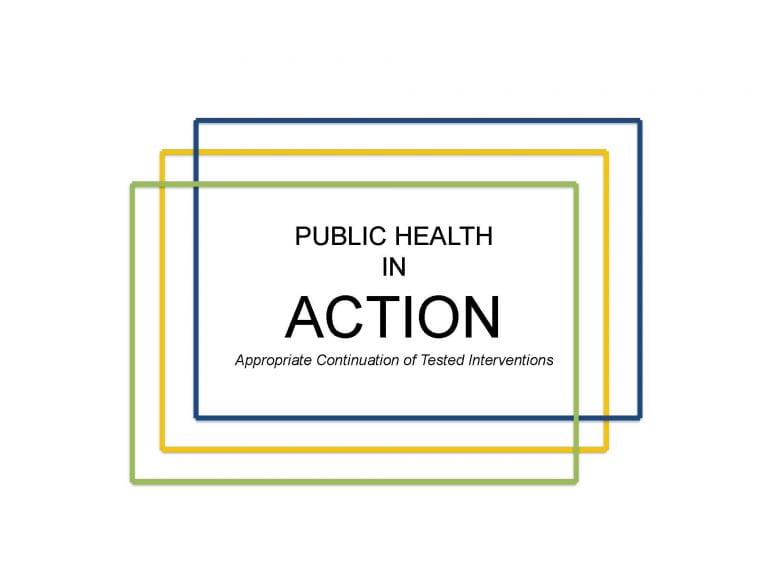
Public Health in ACTION
The purpose of Public Health in ACTION (Appropriate Continuation of Tested Interventions) is to identity the extent to which cancer control mis-implementation occurs within health departments at the state level. Misimplementation refers to ending effective programs and policies or continuing ineffective ones. Greater attention to mis-implementation should lead to use of effective interventions and more efficient expenditure of resources, which in the long term, will lead to positive cancer outcomes.
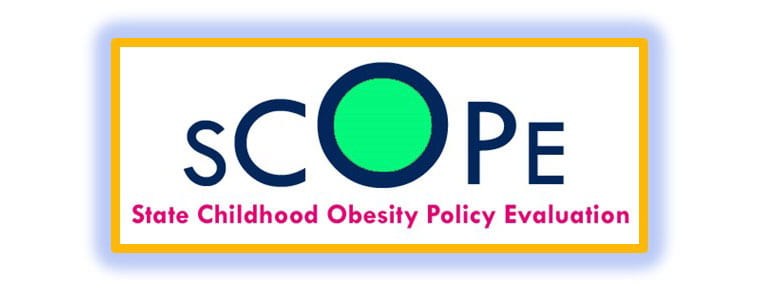
State Childhood Obesity Policy Evaluation (SCOPE): 2012-2014
The SCOPE project compares legislative databases for comprehensiveness and usability; researches state childhood obesity legislation and the predictors of enactment; and interviews state legislators to determine barriers and facilitators of introducing and enacting legislation relevant to childhood obesity.

STRIDE: 2012-2018
The purpose of Project STRIDE (STRategies In Disseminating Evidence for Chronic Disease Prevention) is to learn how best to support state health departments in building capacity for and use of evidence-based decision making in population-based prevention of cancer and other chronic diseases.

THE ALLIANCE: Gateway to Innovation in St. Louis and Beyond
The Alliance is a collaboration of major partners that provides direct resources in the St. Louis region. The purpose of this project is to design, test, and evaluate innovative approaches to optimize health status and advance racial equality. These approaches include targeting barriers to enrollment and participation to the CDC lifestyle change program, and promoting health system linkages to increase screening among patients and communication between different health providers.

Training Practitioners to Control Obesity and Cancer: 2006-2013
Chronic diseases such as cancer are leading causes of death and disability in the United States. Control of cancer and its risk factors, including obesity, plays an increasingly prominent role in day-to-day public health practice. There is a growing need for practitioners who have adequate knowledge and skills for evidence-based cancer control. We undertook this project in order to bridge the widening gap between the skills needed to control cancer and obesity, and the actual skill level of the public health workforce.

TREC: Ameren Pilot: 2013-2014
Unhealthy lifestyle behaviors related to nutrition, energetics, energy balance, obesity, and physical activity are major contributors to cancer and other chronic conditions. Employers have a vested interest in these behaviors as providers of health insurance for over 160 million workers and their families. However, it is difficult to conduct worksite wellness research with adequate scientific rigor and to evaluate sustainability.

TREC: SHOW-ME: 2011-2016
The Supports at Home and Work for Maintaining Energy Balance (SHOW-ME) Study is part of the Transdisciplinary Research on Energetics and Cancer (TREC) Center at Washington University in St. Louis. TREC brings together a broad base of nationally and internationally recognized investigators in their disciplinary focus areas to lead transdisciplinary research across the life course on cancer and obesity.